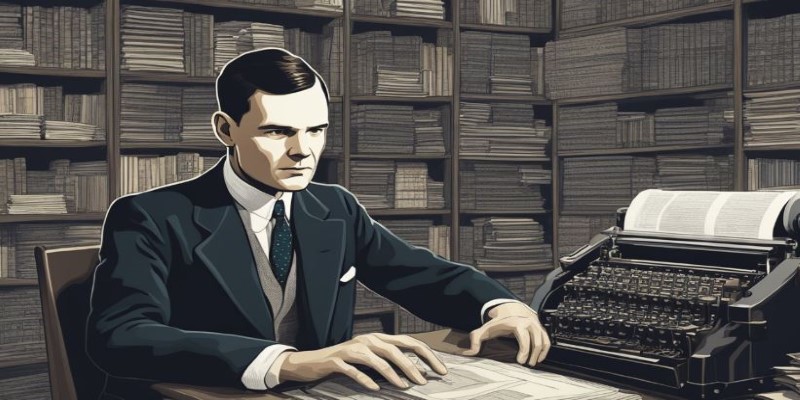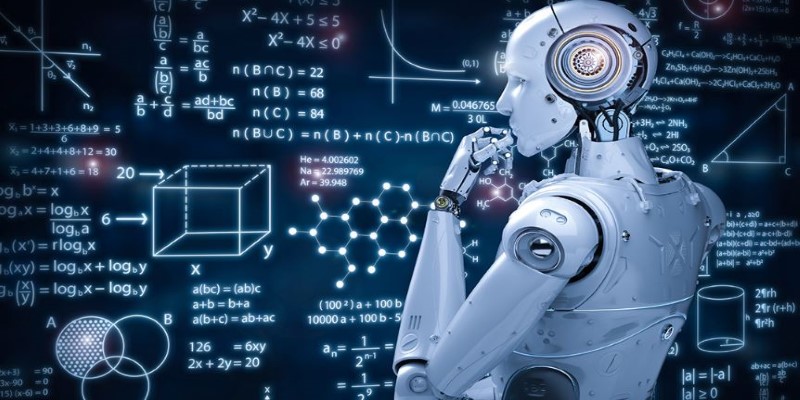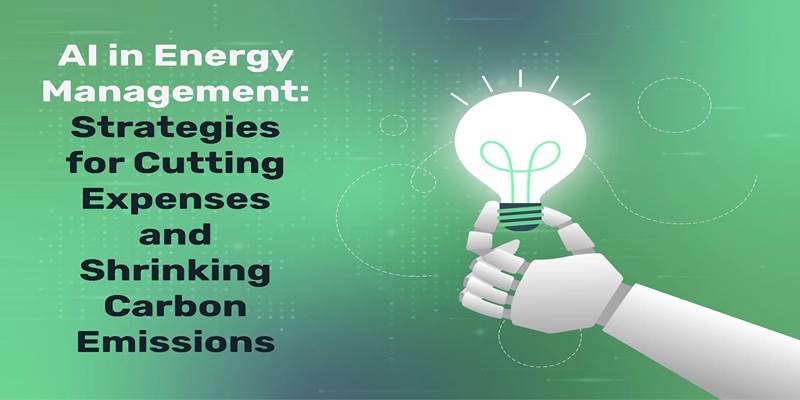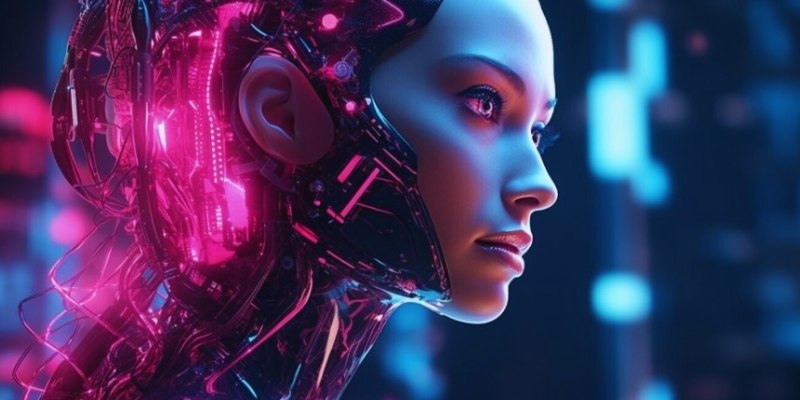Alan Turing's name echoes through the annals of technological history as a pioneer who transformed theoretical mathematics into the cornerstone of modern computing. Turing's brilliant mind reshaped humanity's understanding of machines and computation, laying the groundwork for artificial intelligence (AI). His journey, marked by both groundbreaking achievements and personal trials, highlights the enduring significance of his legacy.
Through Turing's illustrious book, we now walk through a world where intelligent systems, automation, and machine learning unfold. Let's delve into how Turing's vision and contributions have shaped and continue to evolve the rapidly changing field of AI.
The Foundations of Computation: The Turing Machine
The Turing Machine, invented by Alan Turing in 1936, is known as the basis of computer science. It is basically a theoretical model to simulate the logic of any algorithmic process. This has established a universal model for computation, showing how complex mathematical problems can be solved through mechanical processes.
The Turing Machine's simplicity proved to be genius; though theoretical, it opened up the insight that any computable problem might be reduced into a set of simple operations. This insight made all the difference, leading to the development of programmable computers and algorithms upon which AI revolves. The ability of a machine to execute logical instructions laid a foundation for intelligent systems that could solve problems with autonomy.
In fact, the simplicity and flexibility of the Turing Machine gave a conceptual framework underpinning modern AI systems. It showed how basic steps could break down even complex processes into programmable instructions. This involves understanding that it would be the principle behind the creation of modern computers, which made it possible to produce intelligent systems to do things thought to require human-level cognition.
The Turing principle was developed from early computational devices to modern AI-driven technologies. His invention inspired many innovations in its core principles. As can be imagined, without the Turing Machine, the artificial intelligence we know today could not have evolved in such a phase.
Turing’s Role in Breaking the Enigma Code
During World War II, Turing’s brilliance played a critical role in cracking the complex German Enigma code. At Bletchley Park, he developed an electromechanical device known as the Bombe, which enabled the decryption of enemy messages. This groundbreaking achievement not only contributed to shortening the war but also laid the groundwork for modern data security and computational methods.

The Bombe streamlined parts of the decryption process, allowing complex communications to be decoded within hours instead of weeks. Turing’s work highlighted the potential of machines to perform intricate analytical tasks, a concept that strongly aligns with today’s AI-driven systems for pattern analysis.
Turing's codebreaking techniques and strategies have influenced modern AI systems, particularly in areas involving pattern detection and secure communications. His pioneering efforts demonstrated how machines could solve problems requiring vast computational capabilities, a defining feature of today's advanced technologies.
Beyond its immediate wartime impact, Turing’s codebreaking success proved the real-world applicability of theoretical computer science. His work during this period is a testament to how machines, when properly programmed, can exceed human capabilities in specific tasks. Turing’s contributions during this period reinforced the notion that machines could perform highly sophisticated tasks, an idea central to the advancement of artificial intelligence.
Turing’s Vision of Intelligent Machines
Alan Turing’s 1950 paper, Computing Machinery and Intelligence, posed a revolutionary question: Can machines think? In this seminal work, Turing introduced the concept of the Turing Test, a method to determine whether a machine could exhibit behavior indistinguishable from human intelligence. This idea laid the intellectual foundation for AI, inspiring generations of researchers to pursue the goal of creating thinking machines.
Turing’s forward-thinking approach challenged conventional boundaries, urging society to reconsider the nature of intelligence. He anticipated that machines could eventually perform tasks traditionally associated with human intelligence, such as language understanding and decision-making.
Turing’s forward-thinking approach challenged conventional boundaries, urging society to reconsider the nature of intelligence. His vision anticipated the development of machine learning, where computers learn and adapt from data. The influence of Turing’s ideas is evident in modern AI systems, from natural language processing tools like chatbots to advanced neural networks driving autonomous vehicles.
Turing’s ideas about learning machines have become central to AI research, influencing how developers create systems that can learn from experience and improve over time. As AI continues to evolve, the core of its philosophy can still be traced back to the fundamental questions Turing posed decades ago. His vision of intelligent machines capable of thinking, learning, and adapting continues to shape the goals and aspirations of AI researchers.
A Legacy that Shapes the Future
Alan Turing's legacy extends far beyond his theoretical contributions. His work continues to inspire ethical and philosophical discussions surrounding AI. The challenges Turing faced in his personal life, including the injustices he endured due to his sexual orientation, remind us of the importance of fostering inclusivity and diversity in technological advancements.

Today, Turing’s influence is evident in every facet of AI, from healthcare innovations to climate modeling and robotics. The principles he established have become integral to developing systems that learn, reason, and evolve. As AI continues to redefine industries and societies, Turing’s visionary contributions remain the bedrock upon which these advancements are built.
Conclusion
Alan Turing’s enduring legacy profoundly shapes the development of artificial intelligence. His revolutionary concepts, particularly the Turing Machine and the Turing Test, established the basis for modern AI, influencing diverse fields such as machine learning and robotics. Turing’s genius transcended theoretical work, providing practical solutions that fundamentally altered humanity’s relationship with technology. Despite enduring significant personal challenges, his contributions stand as a testament to perseverance and the pursuit of knowledge. As AI continues to evolve, Turing’s pioneering efforts remain a source of inspiration, driving technological innovation and expanding the limits of intelligent systems. His influence is both lasting and transformative.


